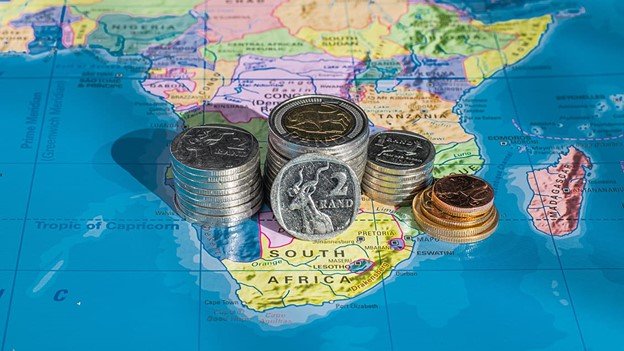
Ethiopia Ushers in a New Era with Stock Exchange Launch: Lessons for African Entrepreneurs
Ethiopia’s Prime Minister, Abiy Ahmed, marked a historic milestone on Friday, ringing a ceremonial bell to launch the country’s first stock exchange in 50 years. This bold move aims to revitalize the economy and create opportunities for businesses and investors across Africa. On opening day, Wegagen Bank became the first company to list on the exchange, setting the stage for a larger vision of including 90 firms and millions of investors in the future.
“This is a new beginning,” said Abiy. “I want to call upon Ethiopians to take risks.” His words resonate not only with Ethiopians but also with entrepreneurs and businesses across Africa, urging them to embrace innovation and seize emerging opportunities in an evolving market landscape.
Opening the Door to Economic Empowerment
Since taking office in 2018, Abiy Ahmed has championed economic liberalization to attract both local and foreign investments. Ethiopia, like many African nations, has historically been characterized by a state-controlled economic model. However, initiatives such as the partial privatization of Ethio Telecom and the floatation of the Ethiopian birr against the US dollar underscore Ethiopia’s commitment to modernizing its economy.
These reforms carry significant lessons for African entrepreneurs:
- Market Liberalization Fuels Growth: Liberalized economies foster competition, innovation, and opportunities for businesses of all sizes.
- Strategic Risk-Taking is Essential: As Abiy emphasized, calculated risks are pivotal to unlocking growth in challenging but high-potential markets.
- Increased Accessibility to Capital: A functioning stock exchange provides African businesses with a platform to raise capital, grow their operations, and contribute to broader economic development.
The Broader African Context
Ethiopia’s journey is a beacon for other African countries, demonstrating how economic reforms can catalyze growth despite political and economic challenges. For instance:
- Currency Reforms: The decision to float the Ethiopian birr was a critical step to stabilize the economy and build investor confidence, a model other nations with unsustainable fixed exchange rates could emulate.
- Inclusive Financial Markets: With plans to list 90 firms and engage four million investors, Ethiopia’s exchange has the potential to democratize wealth creation, giving ordinary citizens and entrepreneurs access to financial markets.
Challenges to Navigate
Ethiopia’s internal conflicts, such as the Tigray civil war (2020–2022), and external shocks like the COVID-19 pandemic and the war in Ukraine, slowed progress and contributed to inflation and reduced growth. For African businesses and policymakers, this highlights the need to build resilient systems that can weather disruptions while staying the course on reforms.
Opportunities for African Entrepreneurs and Businesses
- Access to Financing: Entrepreneurs across Africa can look to Ethiopia’s example as a blueprint for how stock markets create opportunities to raise funding for business expansion.
- Sector-Specific Growth: Industries like technology, agriculture, telecommunications, and manufacturing stand to benefit from reforms that reduce bureaucracy and increase capital accessibility.
- Intra-African Collaboration: The success of Ethiopia’s stock exchange can inspire similar initiatives across the continent, fostering regional investment and collaboration under frameworks like the African Continental Free Trade Area (AfCFTA).
A New Chapter for Africa’s Economic Renaissance
Ethiopia’s move toward economic liberalization and capital market creation reflects a broader shift across Africa. The continent’s young population, rising technological adoption, and expanding middle class make it ripe for entrepreneurial ventures and investment opportunities.
For African entrepreneurs, businesses, and policymakers, Ethiopia’s reforms offer valuable insights into how bold decisions can spur growth, even in the face of adversity. The launch of Ethiopia’s stock exchange is not just a national milestone—it is a call to action for the entire continent to innovate, collaborate, and build a thriving African economy.
By adopting similar strategies and committing to sustainable reforms, Africa’s businesses and economies can carve a formidable presence on the global stage. The time to act is now.





